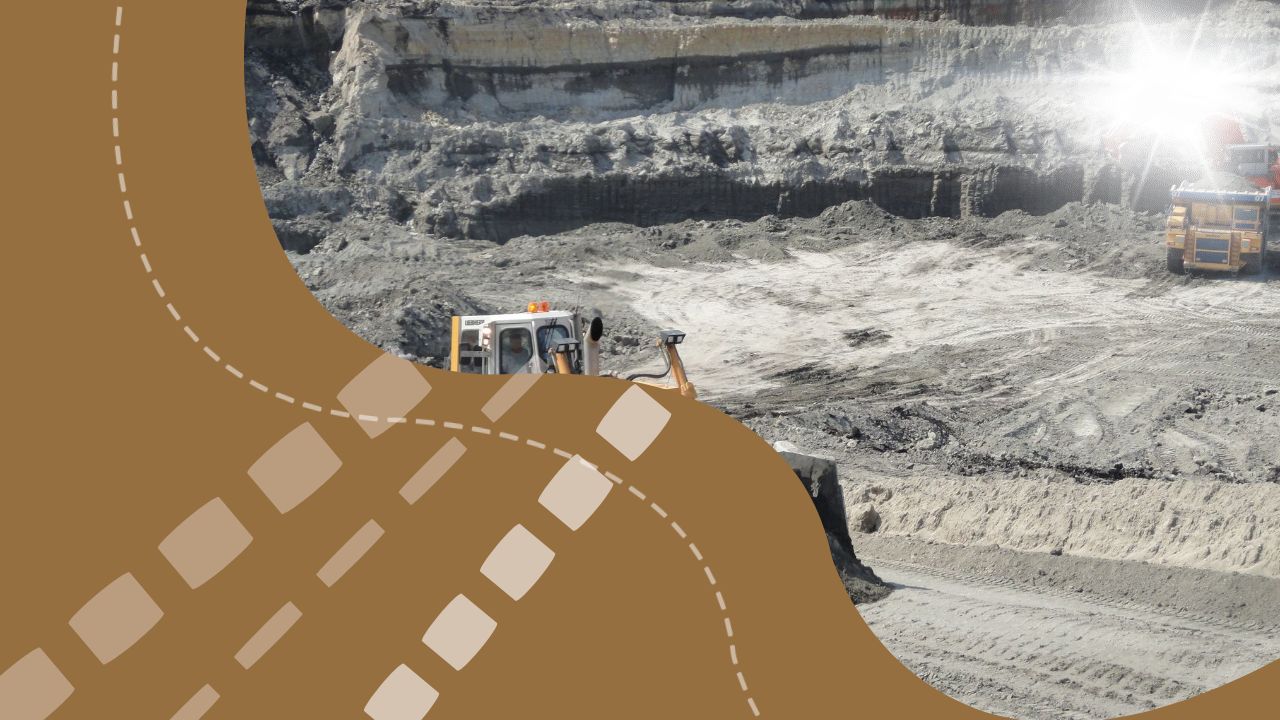Bosnia and Herzegovina has not yet adopted the final version of the National Energy Climate Plan, although the deadline was set by the end of last year. In practice, this means that energy transition measures are implemented unsystematically and without clear deadlines, especially when it comes to phasing out coal, one of the biggest polluters. BHRT has checked the experiences and challenges in countries that have advanced in the planned transition to renewable energy sources in one of the EU members, Slovenia.
A new image of the former mining region of Zasavja, east of Ljubljana – Solar power plants have become an almost indispensable decoration of business buildings and households. Entrepreneur Sergej Smrkolj says that he made the right decision five years ago. Today, it independently produces half of the electricity needed in production. The energy crisis only reinforced the effect of self-sustainability.
“We did not invest anything in the project. GENi invested in the project. We pay off the project with the consumption of electricity. After ten years, it becomes our property,” emphasizes Sergej Smrkolj, director of “Skitti”, Izlake.
The process of energy transition in Slovenia was initiated by the decision not to build a new unit of the Trbovlje Thermal Power Plant, which was adopted more than two decades ago. Ten years ago, the existing block was shut down, and the last mines were closed. With a lot of challenges.
“It was really painful for some workers who were left without everything, stayed overnight without everything and had no more work,” says Ervin Renko, HSE Energetska družba, Trbovlje.
Official data show that in the long process of closing the mine, the Zasavja region lost 23 percent of its jobs, and 11 percent of its population decreased. The country is gradually remediating the negative consequences with significant help from the European Fund for Just Transition. 258 million euros are earmarked for two mining regions in Slovenia.
“The largest part of the EU funds will be for the economy for companies and for municipalities. In the first phase, this is already happening, the first tender was published, municipalities will create economic business zones and prepare the ground for companies to do their business here,” says Jani Medvešek, director of the Zasavje Regional Development Agency.
With the strategy of getting out of coal, Slovenia also planned to shut down the Šoštanj TPP in 2033. The Slovenian Ministry of Energy says that coal production has become unprofitable, which could speed up the process.
“That should stop and it will stop. Due to the energy crisis, that year was not extended, because the economic price of electricity from TE Šoštanj is very high, because it includes the price of CO2 coupons, so maybe due to economic reasons, electricity production will stop even before” 33rd year”, emphasizes Hinko Šolinc from the Ministry of Environment, Climate and Energy of Slovenia.
One of the key tools of the energy transition in Slovenia is “Eco Sklad”. This public fund annually places around 50 million euros in loans and up to 80 million euros in grants for energy efficiency and renewable resources, water protection, and waste management. Grants cover between 20 and 50 percent of investments. The money was provided from a special tax for energy efficiency, and from the sale of carbon coupons.
“Recently, we started introducing measures to combat energy poverty. These measures provide grants for households with low incomes and these are 100 percent grants, because they cover the entire investment,” says Mojca Vendramin, director of “Eko Sklada”.
Slovenia follows the EU’s goals that by 2030, renewable energy sources make up 45 percent of the energy mix, and that harmful emissions are reduced by 55 percent compared to the reference year. The expansion of the photovoltaic screen built on the former slag dump from the Trbovlje Thermal Power Plant is in accordance with these plans, BHRT writes.

